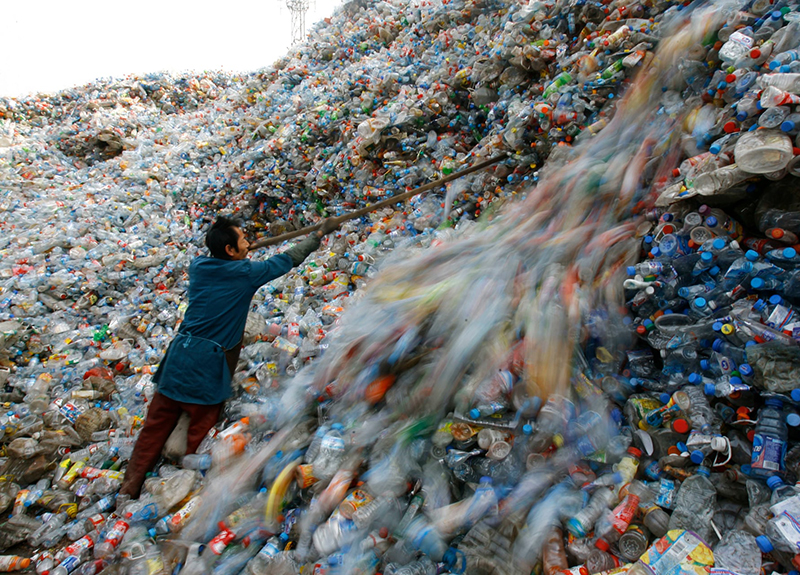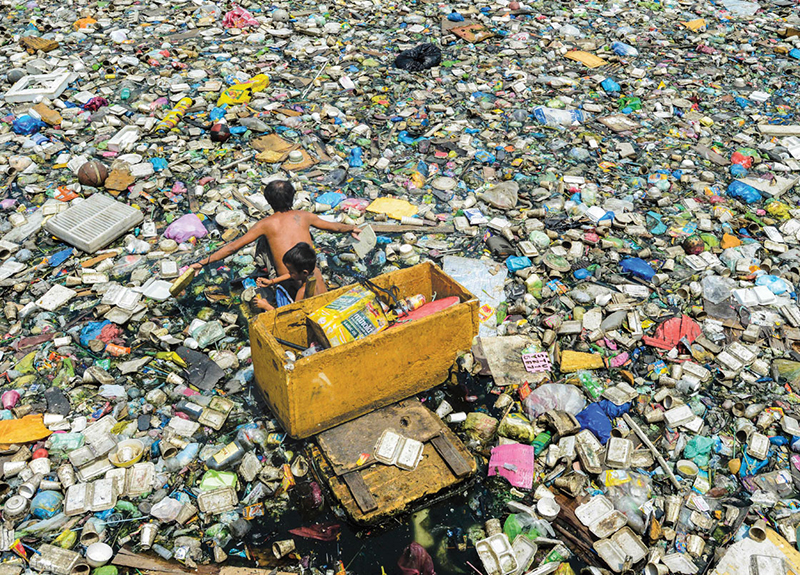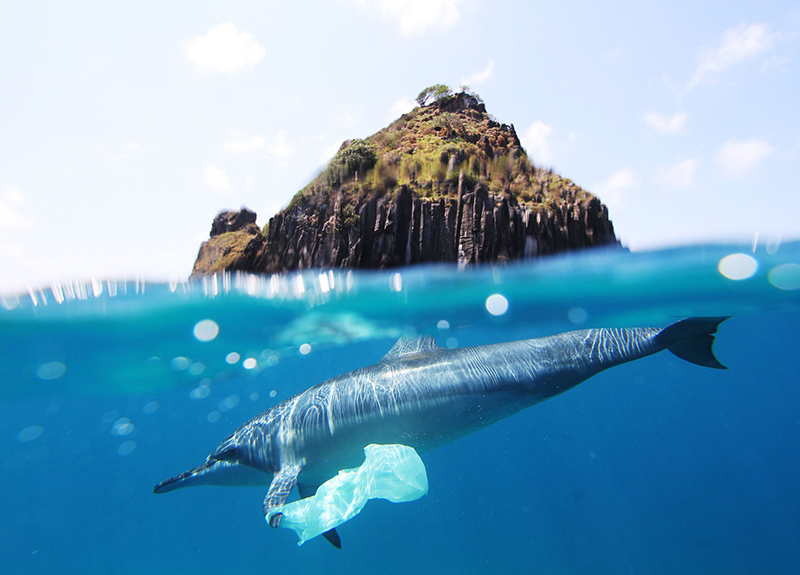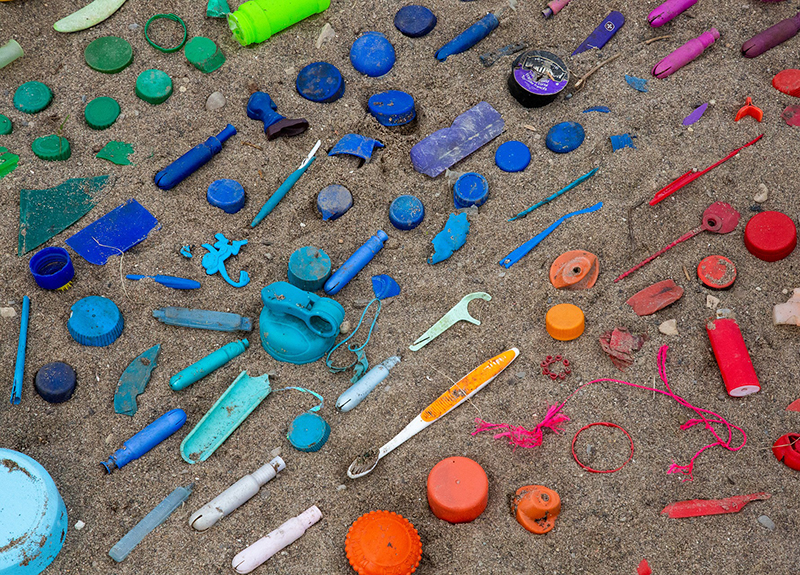To date, approximately 8.3 billion metric tons of plastic have been produced since the 1950s. A recent investigation by Orb Media found that 83 percent of global tap water samples tested positive for the presence of microplastics, or plastic debris that is less than five millimeters in length. Due to the material composition of plastics, they can persist for centuries with unknown impacts on ecosystems and human health. Now, researchers across the globe are seeking answers to the questions that arise from plastic waste.
One such researcher is Bill Funk, an assistant professor in the Department of Preventive Medicine at Northwestern University’s Feinberg School of Medicine. His research focuses on exposure science, investigating associations between environmental exposures and adverse health outcomes. Utilizing a variety of protocols, Funk searches for yet unknown chemical risk factors. Some of these chemicals may be found in plastics or act as responses to exposure to plastics.
Funk is one of the collaborators at the Institute for Sustainability and Energy at Northwestern’s (ISEN) latest initiative, the Program on Plastics, Ecosystems, and Public Health. The Program aims to address and find scalable solutions to the problem of global use and accumulation of plastics. To do so, the program takes a multidisciplinary approach, bringing together a network of researchers to focus on three intersecting research areas: material and product innovation; air, land, and water ecosystem dynamics; and public health impacts. Funk’s research techniques could be used to determine how exposure to plastics affect human health.
“Some of the big questions when it comes to plastics are: what are we being exposed to? How much of it are we being exposed to? How does this impact our health? And what are the critical windows of exposure?” said Funk.
Because Funk’s research is not looking for specific chemicals, but broadly at chemical exposure, he does not work directly with plastics. Rather, he hopes that through the Program, he can find public health researchers focusing on plastics that may find his techniques useful. These techniques include measuring reactive chemicals that are bound to blood proteins he extracts from newborns’ blood samples. Some of these reactive chemicals could result from exposure to plastics.
Funk believes there are unanswered questions as to the long-term impacts of plastic pollution. Solutions to the problem will require more than material science innovations or policy changes, he says. Rather, the issue of plastics will require input from researchers who span a variety of disciplines.
“This Program is exciting because it is bringing together investigators from so many different fields,” explained Funk. “You have chemists, engineers, and public health scientists like myself trying to tackle the issue of plastics from different angles.”
Image credit: Getty Images







